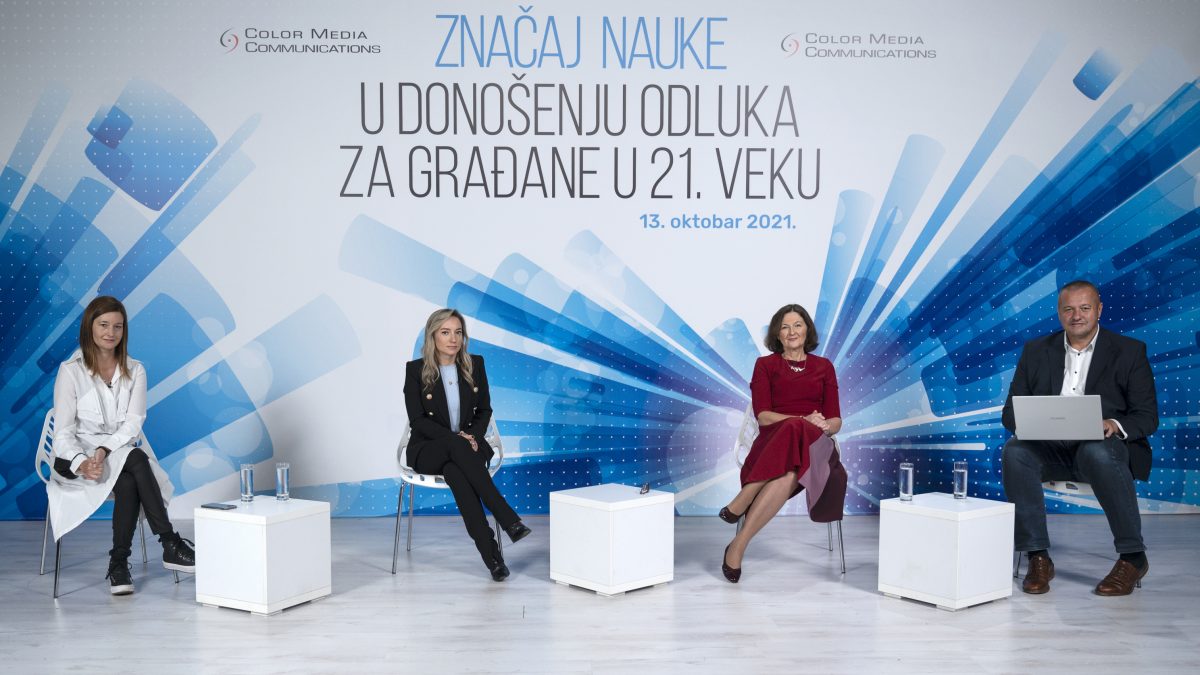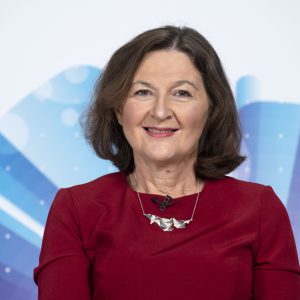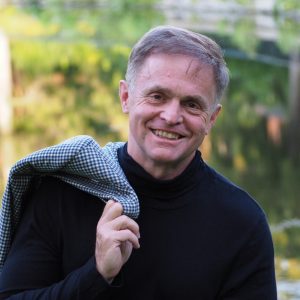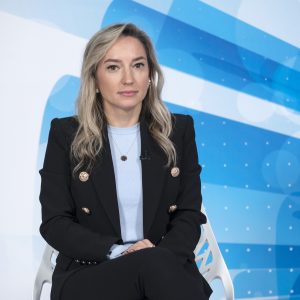Color Media Communications organized the conference titled “The importance of science in making decisions that concern people in the 21st century“, which aim was to discuss the importance of people making decisions based on scientific and proven facts, recognizing what is healthy and what is not and finding out what is less harmful for them.

At the opening of the conference, the State Secretary in the Ministry of Health, Professor Predrag Sazdanović, MD, said that we must be guided by scientific evidence and facts to overcome fear. “We are facing a global epidemic that causes huge stress for everyone, and it is only natural that our subconscious reacts to this stress with fear. People who have managed to rationalize fear and understand how to eliminate fear, have been vaccinated. This second group is trying to obtain data in various ways that will justify their irrational status and fear related to vaccination”, said Professor Sazdanović, who also pointed out that preventive action was the essence of medicine in all its forms.
Director of the Vinča Institute of Nuclear Sciences, Professor Snežana B. Pajović, PhD, pointed out that science never stops and that there is ongoing activity on developing preventive medicine. “Science has always been part of Europe. We have always been publishing papers internationally which are widely recognized and based on which we are evaluated,” Professor Pajović added. Speaking about the concept of reducing harm in solving the problem of risky behaviour, she said that quality of life was a basic prerequisite to prevent the occurrence of various diseases and that the emergence and development of preventive medicine should constitute a special programme, defined in our country.
The director of the National Science Fund, Dr Milica Đurić-Jovićić, pointed out that we must cultivate an environment where read about scientific research as much as reading about popular topics will be appealing. In the trinity of media, science and individual people, everyone must actively work on the popularization of scientific topics. “A lot was expected from science this year, and science gave a lot in return. We have top-notch scientific institutions in the country, and this is something that Serbia is recognized for worldwide,” Dr Đurić-Jovićić added.
The virologist from the Institute of Microbiology and Immunology of the Medical Faculty in Belgrade, assistant professor Ana Banko, MD, pointed out that scientists cannot simply explain vaccination, PCR testing, or immunity, but that does not mean that they are inaccurate or harmful. Emphasizing that vaccination is crucial for prevention, Professor Banko also said that scientists today face the paradox of the time when science was expected to come to a solution, and when a concrete solution is offered, resistance appears. “When you have a patient with cancer who is fighting for their life, as well as patients in COVID clinics, they have no other solution. Prevention of disease is the core of medicine,” said Professor Banko.
David Sweanor, PhD, Adjunct Professor at the Faculty of Law, University of Ottawa, also an expert in harm reduction, talked about good practices in this field which are based on pragmatism. “People will move to big cities and eat unsanitary food but the issue is how are we going to reduce the risks associated with eating such food? People are going to use pharmaceuticals – how do we use more science-based pharmaceuticals?” By using the example of smoking cigarettes as risky behaviour, Professor Sweanor said that that is the leading global cause of death, resulting in about 8 million deaths a year, adding that “people are dying because of the inhalation of smoke, not from the nicotine”. “We have the ability to change the market and to use differential taxation and differential regulation to stimulate those people who are still going to engage in a dangerous activity (using nicotine) to get that nicotine in a way that it doesn’t require combustion and inhalation into the lungs. We can do this by cooperating with those people at risk rather than simply telling them how to live their lives,” Professor Sweanor pointed out.
Sanja Knežević, programme director of the Digital Communications Institute, said that “94% of young people use social networks as a source of information and as the only source of information. What social networks have given us is an opportunity for everyone to become someone. That is why we now have fake profiles and can say would not be said otherwise, because there is no courage in hiding behind those profiles. On the other hand, the positive influences of social networks are great and if we use them in the right way, the information we place can reach a large number of people,” concluded Ms Knežević.
Conference participants agree that it is very important that we make decisions based on scientific facts, especially when it comes to issues such as vaccination, the air that we breathe and the food that we eat, and whether alternatives to cigarettes are really less harmful.



